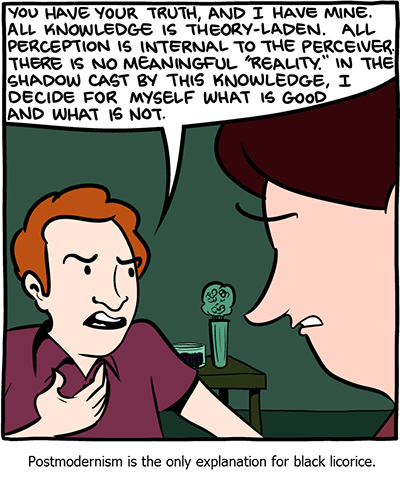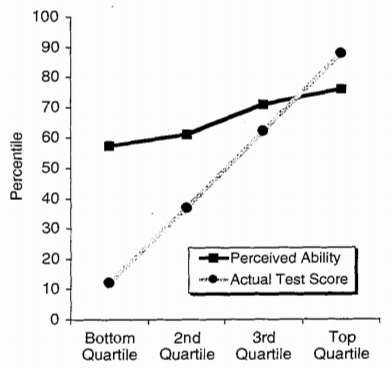I learned from PZ that Peter Boghossian is under ethical investigation for his “grievance studies” hoax. Peter Boghossian was one of three authors of the hoax, but the other two (James Lindsay and Helen Pluckrose) do not hold academic positions, so are unlikely to be sanctioned.
An institutional review board (IRB) concluded that by involving journal editors and reviewers, they were conducting research on human subjects, and per standard policy they should have gotten IRB approval before beginning. Everyone–including Boghossian’s defenders–suspects that if he sought IRB approval, he would have been rejected.
Note, there are plenty of experiments that deceive human subjects and still get IRB approval, but I suspect this particular hoax would encounter problems beyond mere deception. They were undergoing peer review, which is rather arduous labor to get from non-consenting subjects. The hoax also involved fabricating data, and the IRB decision on that matter is still pending. I would also say that the hoax did not have much scholarly merit, which is a legitimate consideration for these ethical reviews.
Boghossian’s defenders, of course, are spinning a “martyr for free speech” narrative. If the target of his hoax were something more acceptable, would he still have been criticized on ethical grounds?
Well, actually…


